Controversial Topics in reading and My Takes on Them
Kindle Vs Physical Copy
One very heated debate in the reading community is that of reading via Kindle versus reading via physical copies of books. Some like the convenience of reading on a Kindle; being able to have multiple books in one location is very handy and can lighten your carrying load. I know one of my reading friends is team Kindle because she gets neck-aches from reading big books, and she finds it more comfortable.
On the other hand, many people prefer the experience of reading a physical copy of a book: going to the store and picking it out, physically turning the pages, the smell of the ink hitting your nose. There are a ton of reasons that reading a physical copy of a book is more satisfying to people than reading on a screen. For many people in the younger generation specifically, many people user readings as a way to escape from screentime and reading on a Kindle negates that.
I see a lot of the pros and cons of both sides. Reading on a Kindle is pretty blatantly more convenient: you can read at night, you can carry it around with much more ease, it can end up being cheaper in the long run by reading on a subscription plan rather than buying books each month. You can also automatically see the percentage of the book you have read on the bottom of the screen, which is one of the nicest features that a book doesn’t have in my opinion. The cons of reading on a Kindle exist too: it can die on you and take you out of the plot, and the original cost of the product is pretty expensive.
There are definitely more pros than cons on the topic of a Kindle, and there may even be more cons than pros for real books, but for me there is only one choice when it comes to reading. Read a real book or read nothing.
Physically turning a page and holding a book in your hands is matched by few things. It is so satisfying to me to see the book sitting on my nightstand, just waiting to be picked up and read. I think all book girls dream of having a fully stocked library in their house… who dreams of having a fully stocked Kindle? Maybe some, but the dream is not as widely accepted and romanticized. Going to the book store and flipping through the pages and covers of hundreds of books in one place is one of my favorite things to do. Physical books have been around for a very long time, and as long as I’m alive, they’re not going anywhere.
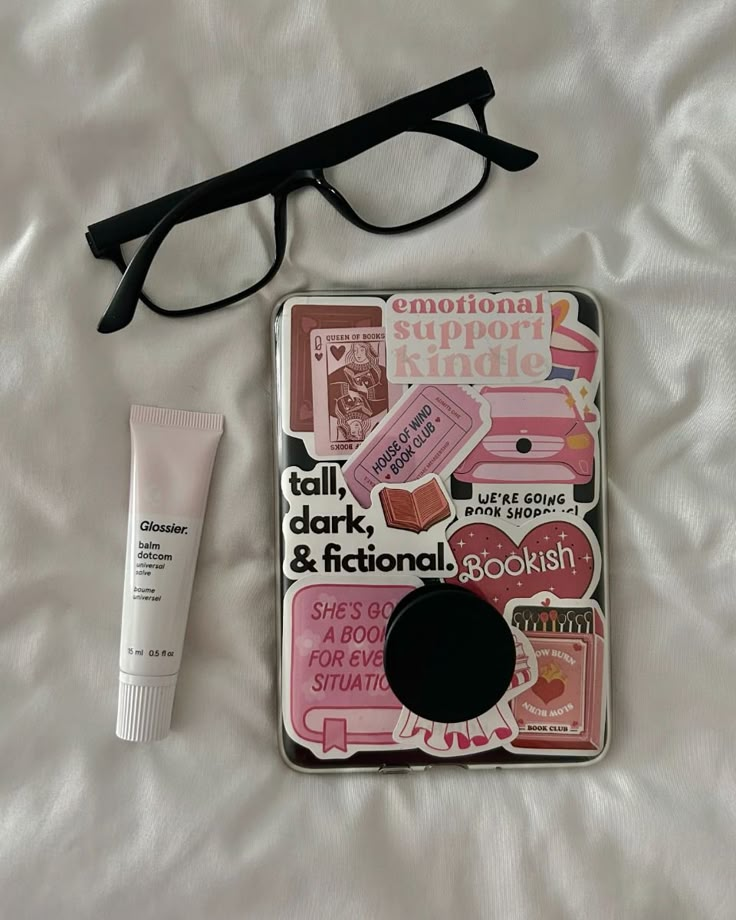
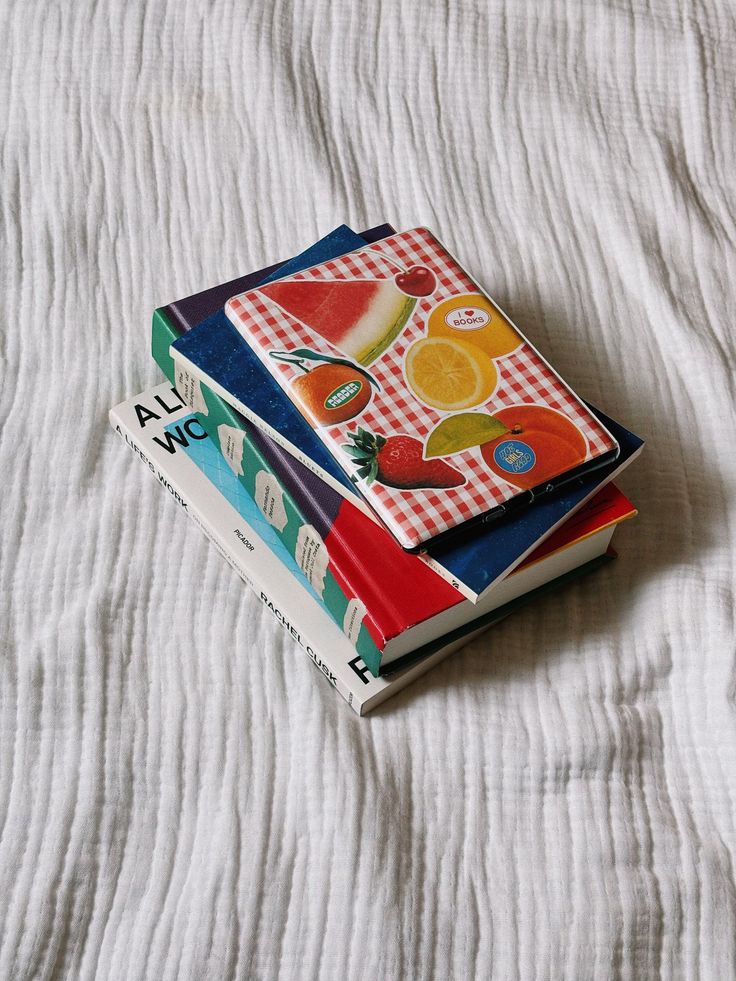
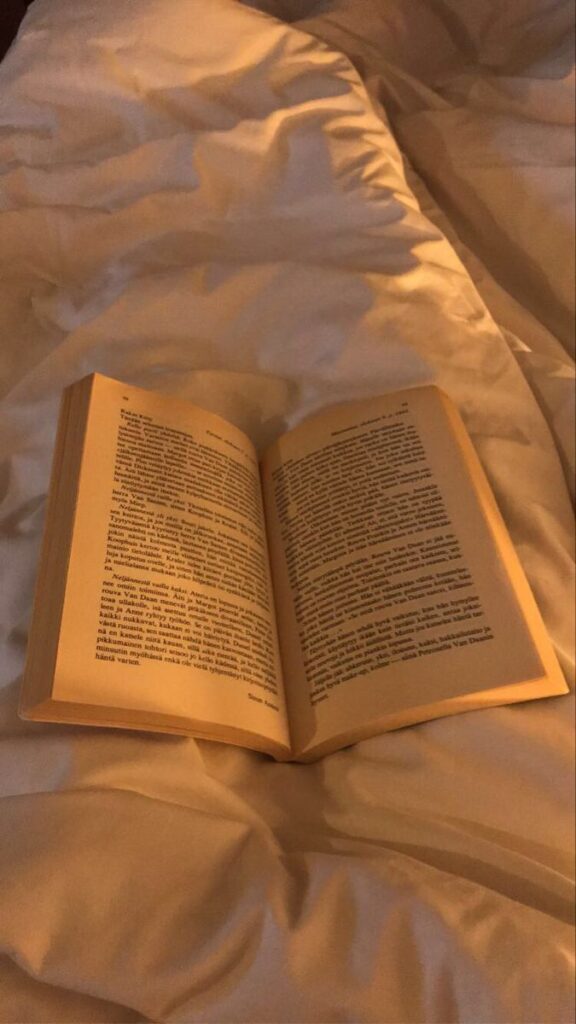
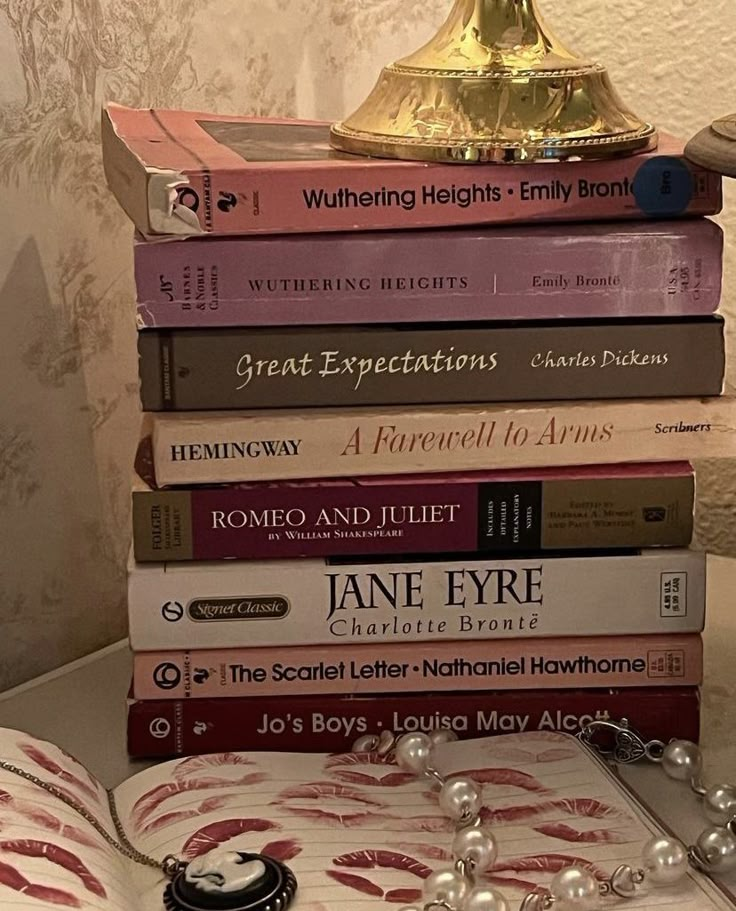
Reading the Last Page, First
I can’t even believe I’m writing these words, but some people do it! Some people read the last page of a book before ever opening it.
Based on that first line, I think you can tell where I stand on this controversial topic in the book world, but let’s dive a bit deeper into it.
Some people who are big readers use this method to decide whether the book is worth their time. For them, reading the last page first is a way to evaluate the book’s potential impact. If the ending resonates, they’re more likely to dive into the story. It’s almost like a sneak peek—an assurance that their investment in reading the book will pay off.
However, this practice often sparks heated debates among book lovers. For many, reading the ending first feels like a betrayal of the story’s integrity. The journey of a book is as significant as its conclusion; the emotional buildup, character development, and plot twists all contribute to the overall experience. As Miley Cyrus once said: “It’s not about how fast you get there, not about what’s waiting on the other side… It’s the climb.”
Books are crafted with intention. Authors carefully weave plots and develop characters, guiding readers through a tapestry of emotions and revelations. Skipping to the end can diminish the richness of this experience. Imagine savoring a gourmet meal but skipping straight to dessert; you miss the delightful flavors that lead up to that final sweet note.
That said, everyone has their own reading style. Some find comfort in knowing the outcome before they embark on the journey, while others thrive on the unpredictability of a narrative. As a girl who has done her time with anxiety, I totally understand why some people read the last page first: thewy have to know what’s coming in order to allow themselves to be fully absorbed in the rest of the story. Some people worry so heavily about the ending that it distracts from the current chapter.
In the end, it all boils down to personal preference. Whether you’re an end-first reader or someone who relishes every page, the goal is the same: to connect with stories that resonate. After all, the beauty of reading lies in its diversity—each reader can navigate their literary adventures in their own unique way. While for me, that’s never going to be reading the last page first, for others, that may be just the way to reading for enjoyment.
Breaking the Spine
Another topic that sparks a big debate within the reading community lies within the spine of our books. Break them, or no? When I refer to breaking the spine, I’m talking about the “damage” done to the spine when someone opens them wide enough to make that “crack” noise.
Many readers do this to give more control while reading the book. It makes them floppier, easier to handle in a lot of ways, and with a broken spine books can lay flat on the table, which a lot of people enjoy. Breaking the spine for a lot of people is like breaking in the book and signifying that the book has been or is being read. It can hold a lot of sentimental value to people, and many readers swear by this tradition.
Other’s think it is a travesty and a crime committed against the book. In many cases, damaging the spine can alter the structural integrity of the book and pages can fall out. It can make it less likely to stand the test of time. For collection edition books, a broken spine can greatly decrease the value of the time piece. A lot of readers believe that the damage done to a book when the spine is cracked is not worth it compared to the benefits achieved by committing the act.
As far as my opinion goes, I am not as heated on this debate as the prior two. Personally, I like how books look on my shelf when their spine is not cracked, and I’m too scared to break it open most of the time, so the vast majority of books in my collection have intact spines. I don’t think reading a book with an intact spine is any more difficult than reading one with a broken spine, so I don’t see a need. However, although I don’t partake in this tradition myself, I find it a cute little thing that people do when they start reading a book. Like a housewarming party or a baby shower, it’s a way to welcome this new thing into your life and show it some love, even if in a bit of a sadistic way.
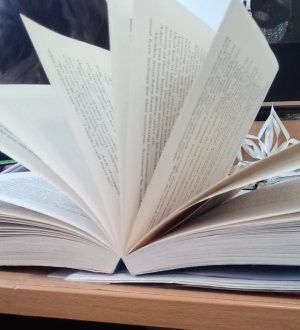
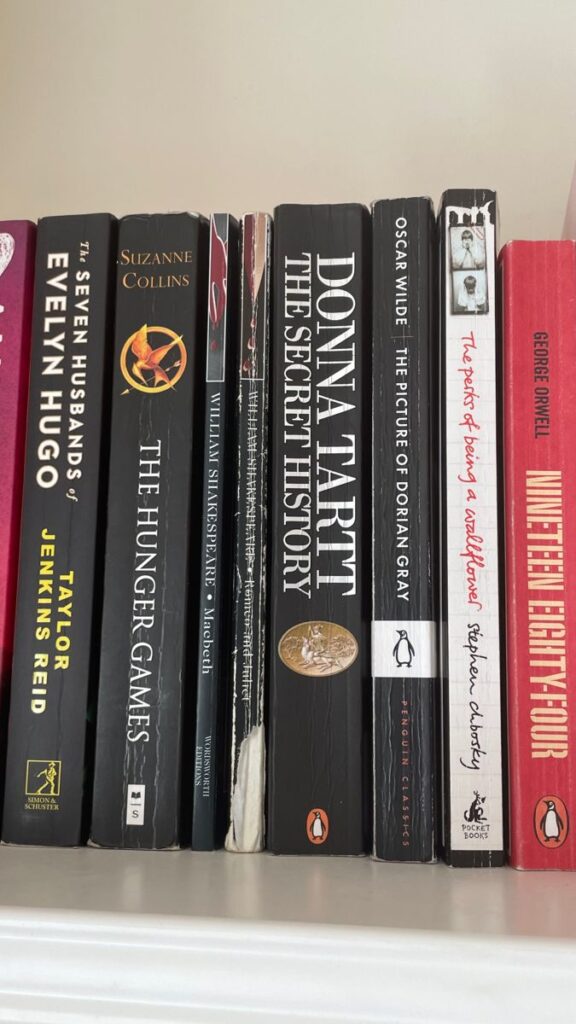
Anyways…
Everyone has their own ways of reading books, opinions about how to read or where to read, and generally their own habits and traditions when it comes to reading. I think a part of reading that makes it so much fun is that it is a bit customizable. People can read different genres, they can annotate or not, paperback vs hardback, audio book vs visual, and so much more. There are countless decisions when reading that make it so much fun and can change the experience from one book to the next. What kind of reader are you?